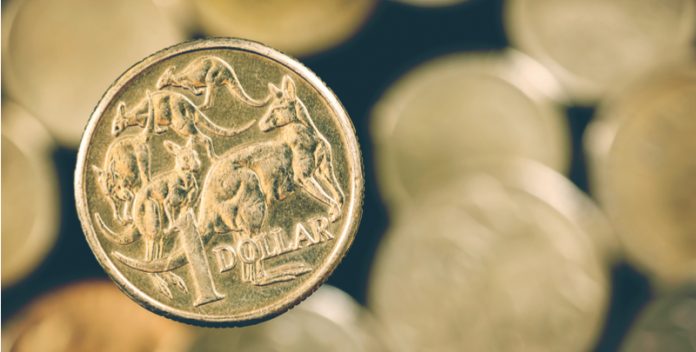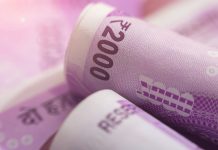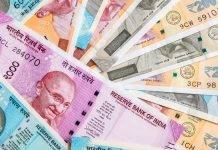The Australian dollar is down against the US dollar on Wednesday.
Souring global risk sentiment hit the Aussie dollar as traders turned to haven asset like the greenback on the first day of the new quarter.
Nerves on the first day of April were clearly shaken after a tumultuous Q1. The Dow Jones, the benchmark for the US stock market just had its worst first quarter ever.
AUD/USD was lower by 53 pips (+-0.86%) to 0.6083 with a daily range of 0.6039 to 0.6168 as of 5pm GMT.
AUD/USD spent most of the day in negative territory as Asian stock markets tumbled at the beginning of the day, with only a brief move back above 0.61 during a flash move higher in milliseconds that quickly reversed.
Economic data still not caught up
Economic data continues to play catch-up with the picture on the ground. US March ISM manufacturing at 49.1 rather than the 45 expected. However it was dismissed because the survey was taken before the big lockdowns took place in America.
ADP employment change came in at -27k which is either great news or an error because it seems clear that more than 27,000 jobs would have been lost since this crisis erupted, especially in big Cities like New York and in California. The expectations were for -150,000 jobs losts and some estimates were as high -450,000.
There might be a similar issue with the nonfarm payrolls release on Friday, where surveys stopped on March 12 so likely don’t capture the severity of the job losses in the month.
US dollar starts new quarter on front foot
The dollar has been firmer in the risk off mood. The only other big FX gainer was the Japanese yen, another preferred haven.
Comments from US President may not have caused markets to move lower but they certaintly captured the mood. Trump said “This is going to be a very bad two, and maybe three weeks. This is going to be three weeks like we’ve never seen before.” It’s a notable shift in tone from the US President who up to now had been talking ill of lockdown measures that harm the economy.





